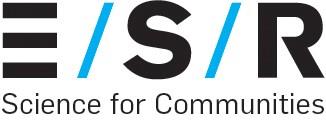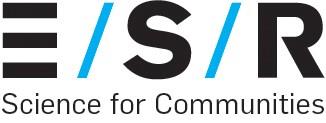

25 March 2022
Kade
By email: [FYI request #18718 email]
Dear Kade
Official Information Act Request
On 28 February 2022 you sent a request for information under the Official Information Act
1982 to the Ministry of Health (reference H202203334), who transferred question 2 of your
request to ESR on 18 March 2022. The request transferred to ESR was as follows:
Question 2 - If Māori and Pacific Islanders Make up the largest ethnic group in New Zealand
to be at the highest risk of the effects from the Covid 19 virus. Can you please provide the
genome sequencing data that backs this up.
note: I understand what genomic sequencing is about, and it would be hard for anyone to tell
what ethnic group they belong to without having their personal DNA, and a DNA database to
compare it with. Your assistance will be most appreciated.
Our response to your request
Question 2 - If Māori and Pacific Islanders Make up the largest ethnic group in New
Zealand to be at the highest risk of the effects from the Covid 19 virus. Can you
please provide the genome sequencing data that backs this up.
note: I understand what genomic sequencing is about, and it would be hard for
anyone to tell what ethnic group they belong to without having their personal DNA,
and a DNA database to compare it with. Your assistance will be most appreciated.
ESR does not perform genome sequencing on the human genome of COVID-19 cases. We
do perform genome sequencing on samples of SARS-COV-2 (the virus that causes the
illness known as COVID-19). And we hold information about the ethnicity of cases that have
been sequenced in EpiSurv1 (the national notifiable disease database).
Genome sequencing the virus allows us to identify the variant with which an individual is
infected and may provide clues about linkages to other COVID-19 cases (genomic
epidemiology) or inform clinical treatment decisions.
1 ESR operates the national notifiable disease surveillance database, EpiSurv, on behalf of the Ministry of
Health.



Here is a breakdown of sequenced cases by prioritised ethnicity as it is recorded in EpiSurv.
All sequenced
Rate (per
Ethnicity
Number
Population
100,000)
Asian
1,533
772,232
198.5
European or Other
3,089
3,128,528
98.7
Maori
2,463
841,806
292.6
Pacific peoples
2,161
341,460
632.9
Unknown
1,142
-
-
It is important to note that not all cases undergo whole genome sequencing, as case
numbers have increased and as rapid antigen tests have become more widely used, only a
subset of PCR positive cases has been sequenced. This sample is influenced by urgent
sequencing requests from public health units and cases that are hospitalised.
Because the above only includes a small subset of total cases, it is also worth pointing out to
you the following cases by ethnicity page published by the Ministry of Health:
https://www.health.govt.nz/covid-19-novel-coronavirus/covid-19-data-and-statistics/covid-19-
case-demographics.
This provides ethnicity information for all cases – not just the subset that have been
sequenced.
Your right to seek a review
You have the right to seek an investigation and review by the Ombudsman of this decision.
Information about how to make a complaint is available at www.ombudsman.parliament.nz
or freephone 0800 802 602.
Thank you for your request.
Yours sincerely
Jill Vintiner
Joint General Manager Health and Environment - Health ESR




